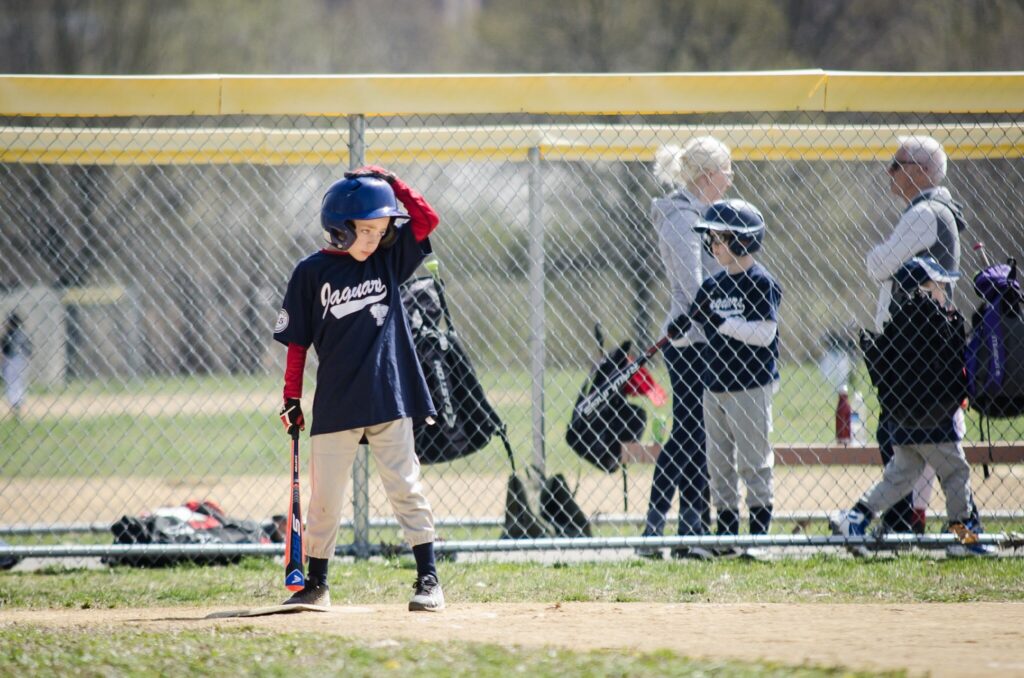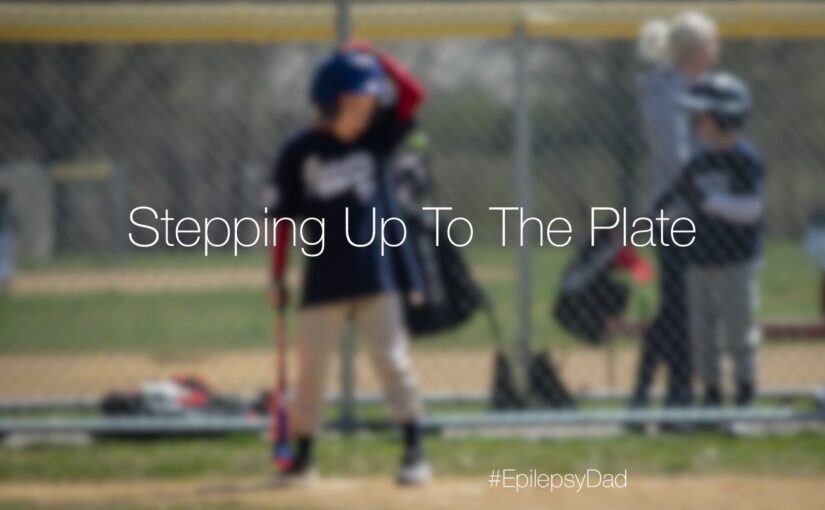There is a screen saver on our television that lets us use our own photos. One of the pictures we used that has come up in rotation is from one of my son’s baseball games. He’s standing at the plate, adjusting his helmet with his left hand while his bat hangs down from his right.

It feels like that picture was taken in another life so long ago. But it’s only been a few years. “Only,” as if that is an insignificant amount of time.
He said the other day that he misses baseball. I miss him having baseball. I miss him playing a game that he loves, surrounded by other kids being kids. I miss the look of his “game face” or the excitement and expression on his face after he got a hit. I miss his laugh as he and the other kids ran around the bases at the end of the game and created a pile-up as they slid into home plate. I miss retelling the best moments from the game in the car on the way home.
We had signed him up for this season, hoping to introduce a bit of normalcy back into his life. But because of an abundance of caution for his health and other changes on our horizon, we decided to pull him.
I still haven’t told him.
Seeing that picture on the screen is my reminder, not just to have the hard conversation but also about how isolated he is. Baseball was one of the only places where he showed up as an equal. That feeling and those bonds that he made on the field were the same as the other kids. But the other kids created bonds in school, as well, that my son missed out on because of his long absences over the years.
He plays Fortnite with a few of his former classmates, but I can hear the conversations sometimes, and, with a few exceptions, he is treated as an outsider. Many of the kids who developed those classroom bonds still go to school together or play sports together. They have the real-world bond that carried through to the online world. It’s hard to compete with that when the only interactions that you have are virtual ones.
It’s the same reason my son is struggling with a virtual school. In addition to the difficulty many of us have to stare at a screen all day and the mind-numbing burden of an all-day video call, he’s getting zero in-person social interactions. He’s not making friends, even though he receives online social skill classes because it’s hard to build those relationships and connections in a meaningful way when the person on the other end is only a face on a screen or, worse, one of the dozens of faces on a screen.
But even though the other kids have stronger bonds and sometimes exclude him, he still sends that invite to play online with his friends. Despite feeling like an outsider and that sting that comes from not getting picked, I’ve seen my son be so kind and generous and play the game modes that his friends want to play. I’ve also seen him put his own needs out there and ask to play the games he wants to play.
He still wakes up every school day and sits in front of that screen, and he tries to follow along. He fights through his exhaustion and attention issues to participate in the class as best as possible. In both cases, despite the challenges, he shows up with an open heart and a willingness to learn, be included and connect. Like the picture on our television, every day, he steps up to the plate.
And I couldn’t be more proud.

Homeschool! I just popped over here from a link someone posted on Reddit’s epilepsy board, but I can already tell you two are the best people to train your son and prepare him for high school. My teenage son was diagnosed this year with epilepsy. But he has also had ADHD and learning difficulties all through school, even with homeschooling. Get the book Cathy Duffy’s 102 Top Picks. Take the little quizzes to find his learning style and develop goals. Then comb through the curricula that match up with those. You can build his classes based on where he is right now and how he learns best. He will thrive.
Thanks for the tips, Steph! ~Dave